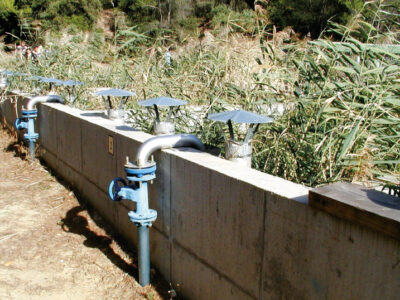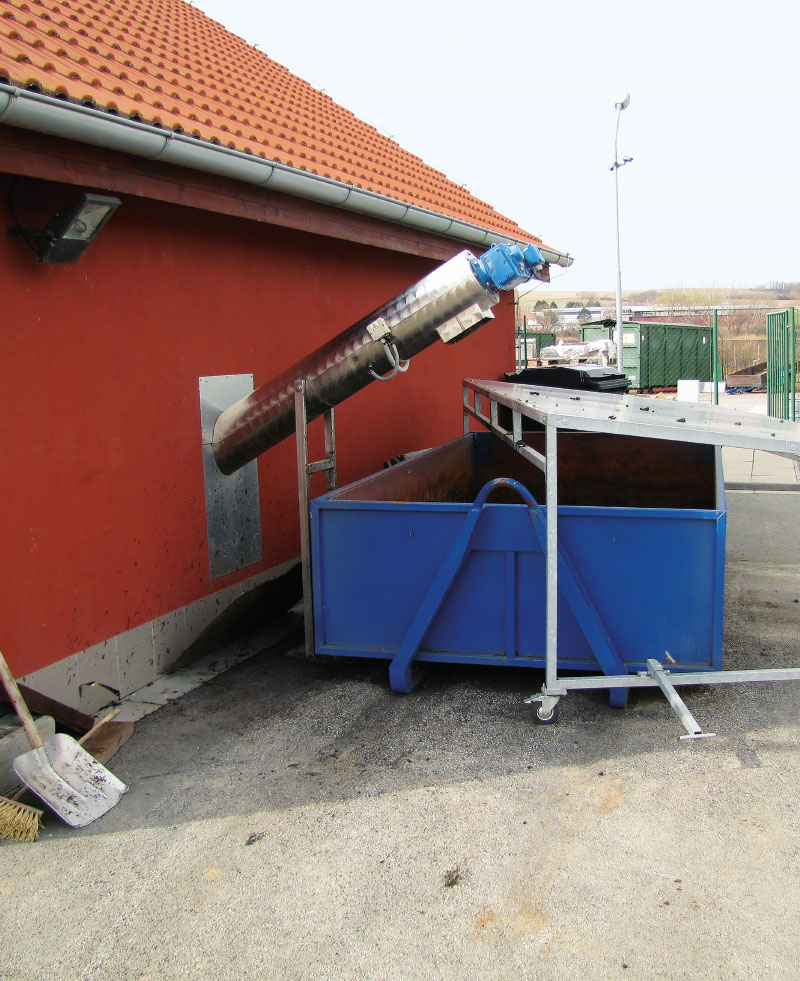Benefits and risks of using sludge from small WWTPs after processing by composting for the production of selected types of vegetables
The aim of the study, the results of which are presented in this article, was to assess the possibility of simplifying treatment and stabilisation procedures of sewage sludge from small municipal sources of pollution (domestic and small WWTPs up to about 1,000 EP) at the place of their origin and their subsequent use through extensive composting. The results demonstrated the benefit of the application of composts from a material base containing sludge from small WWTPs in increasing the production of the monitored types of vegetables. However, especially with lettuce, there was a higher transmission of selected risk elements. We therefore do not recommend the use of composts with sludge for growing leafy green vegetables. In contrast, this risk did not arise with fruit and vegetables. For practical use, it is still necessary to assess the rate of transfer of other pollutants, such as drug residues and microplastics.



